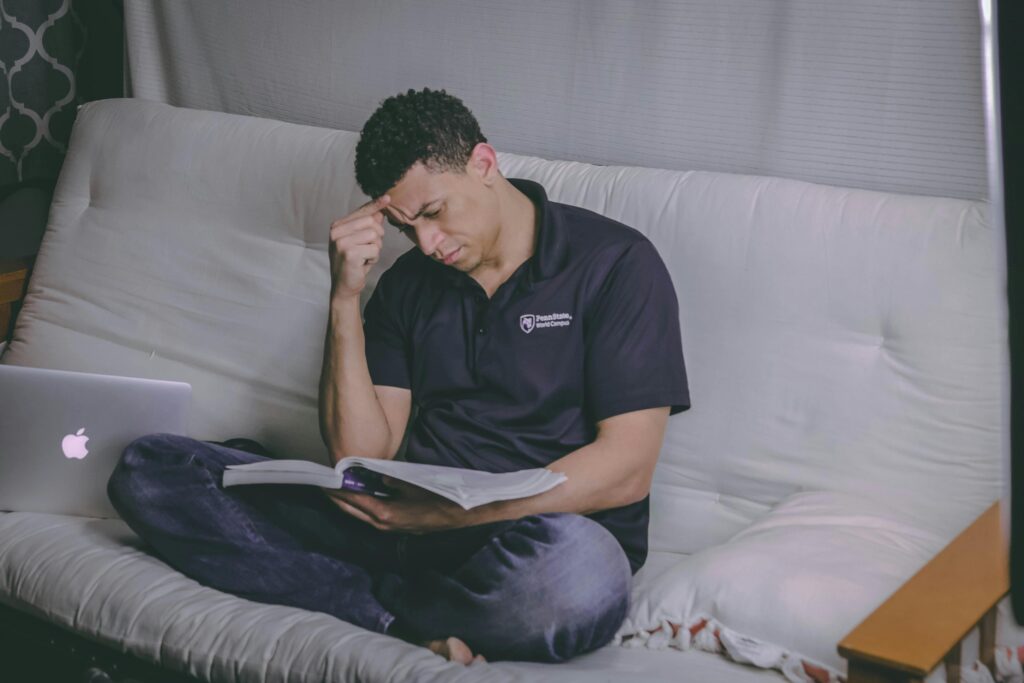
¡Hola, amigos! The subjunctive mood can be a real puzzle for Spanish learners, with grammar books often offering confusing explanations and tricky rules. But fear not! With me, your teacher Martincho, you’ll find that everything becomes crystal clear.
In this post, we’re going to dive into specific expressions that follow a fascinating pattern: when they indicate a habitual action, they don’t set off the subjunctive mood, but when they refer to future actions, they do trigger the subjunctive mood. Get ready to embark on this exhilarating journey with me!
1. CUANDO (WHEN)
We use cuando all the time! The rules for cuando are the same as those for all the following expressions.
In the first example, cuando refers to a habit, so we don’t need the subjunctive:
When I travel, I’m always happy.
Cuando yo viajo, siempre soy feliz.
In the second example, cuando refers to a future action, so we do need the subjunctive:
When I travel, I will be happy.
Cuando yo viaje, seré feliz.
Do you see how easy it is when we explain it clearly, without turning to confusing explanations? All the expressions below follow the same pattern:
2. APENAS / TAN PRONTO COMO (AS SOON AS)
HABIT (INDICATIVE):
As soon as we finish our homework, we play in the park.
Tan pronto como terminamos nuestra tarea, jugamos en el parque.
FUTURE (SUBJUNCTIVE):
As soon as we finish our homework, we will play in the park.
Tan pronto como terminemos nuestra tarea, jugaremos en el parque.
3. UNA VEZ QUE (ONCE)
HABIT (INDICATIVE):
Once I get home, I rest for a while.
Una vez que yo llego a casa, descanso un rato
FUTURE (SUBJUNCTIVE):
Once I get home, I will rest for a while.
Una vez que yo llegue a casa, descansaré un rato.
4. ANTES DE QUE (BEFORE)
HABIT (INDICATIVE):
Juana always eats something before she leaves home.
Juana siempre come algo antes de que sale de casa.
FUTURE (SUBJUNCTIVE):
Juana will eat something before she leaves home.
Juana comerá algo antes de que salga de casa.
5. DESPUÉS DE QUE (AFTER)
HABIT (INDICATIVE):
After we drink coffee, we usually read a book.
Después de que bebemos café, usualmente leemos un libro.
FUTURE (SUBJUNCTIVE):
After we drink coffee, we will read a book.
Después de que bebamos café, leeremos un libro.
6. HASTA QUE (UNTIL)
HABIT (INDICATIVE):
Juancito stays home until he finishes his homework.
Juancito se queda en casa hasta que termina su tarea.
FUTURE (SUBJUNCTIVE):
Juancito will stay home until he finishes his homework.
Juancito se quedará en casa hasta que termine su tarea.
7. A MEDIDA QUE (AS)
HABIT (INDICATIVE):
As we grow, we gain wisdom.
A medida que crecemos, ganamos sabiduría.
FUTURE (SUBJUNCTIVE):
As we grow, we will gain wisdom.
A medida que crezcamos, ganaremos sabiduría.
Now, let’s put all these expressions together in a chart:
| # | ENGLISH | ESPAÑOL |
| 1 | WHEN | CUANDO |
| 2 | AS SOON AS | APENAS/TAN PRONTO COMO |
| 3 | ONCE | UNA VEZ QUE |
| 4 | BEFORE | ANTES DE QUE |
| 5 | AFTER | DESPUÉS DE QUE |
| 6 | UNTIL | HASTA QUE |
| 7 | AS | A MEDIDA QUE |
And now, let’s practice so you become an expert!!!




